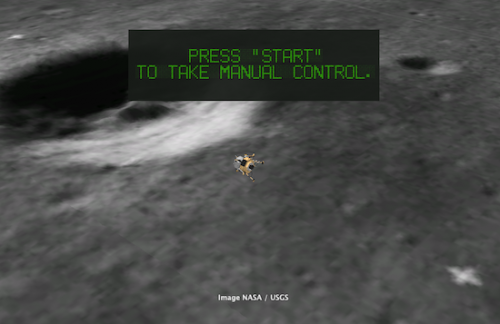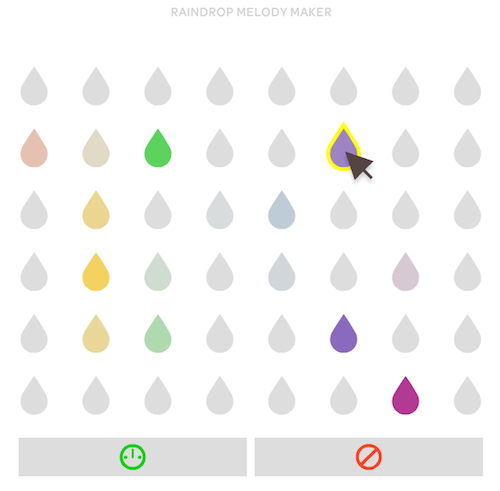Ever since Paul Virilio coined the term ‘dromology’ (the study of speed) in the late 1970s, searching for the meaning of ever speedier change has become a respectable path of scholarship. “Everywhere life seems to speeding up: we talk of fast food and speed dating. But what does the phenomenon of social acceleration really entail?”, Hartmut Rosa asks in a collection of essays called High Speed Society.
Last year, French journalist Jean-Christophe Laurence took an interesting approach. He showed primary school kids old technology like floppy discs, a 1st generation Game Boy, a mouse from the 1980s or a telephone with dial plate and filmed their reactions. In the end he asks: “Not even 30 years old… And already antiques?”

In my opinion, the fact that mankind renews its tools within less than a generation should affect the way we teach and learn in schools. It becomes more and more important to teach our kids how to cope with change. Watching these kids discovering the meaning of stuff unknown to them, comparing it to things they know and finally giving it a meaning made me happy. Kids are explorers, and if school doesn’t destroy their curiosity and even helps them to develop such skills, “technological antiques” won’t be a problem at all.
(via rferl.org)




